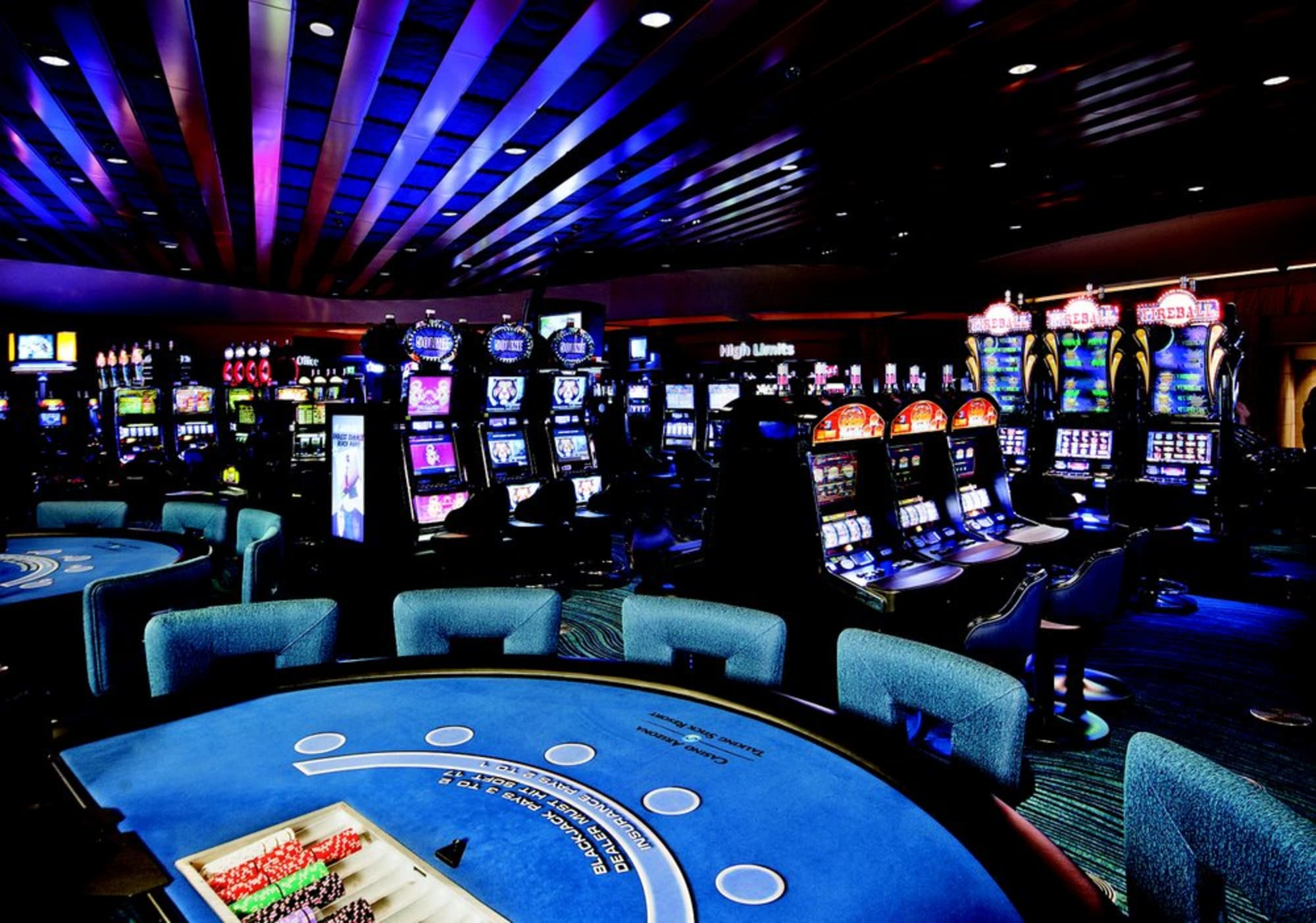
Casino games have long been linked with the thrill of chance and the excitement of luck. Many people walk into a casino with the assumption that their success is contingent solely on chance occurrences. However, a deeper investigation reveals that these games encompass much more than just the aspect of luck. Understanding the framework, approaches, and human mindset behind casino games can greatly enhance the enjoyment and improve one’s chances of victory.
On the other side of the alluring sounds of rotating slots and dice being cast, casino games involve a rich tapestry of skill, tactics, and choices. Whether you are participating in blackjack, poker, or even baccarat, knowing the tactics can significantly influence the conclusion of the game. Moreover, the psychology of the participants and understanding the probabilities behind each game can shift the equilibrium of success away from mere luck. By understanding these dimensions, players can appreciate casino games as a mixture of entertainment and intellectual challenge, transforming their approach from one of passivity to one of active engagement.
The Psychology of Gambler’s Behavior
Comprehending the psychology behind gambling shows that player behavior is motivated by far more than mere chance. The thrill of risk, immediate reward, and a potential for achieving large sums can create a powerful emotional experience. Numerous players become captivated by the thrill, which can lead to a cycle of increased betting and gambling, often driven by a hopeful optimism that colors their views of winning probabilities.
Another key element of the psychology of casino games is an illusion of control. Numerous players think that their decisions, such as the choice of games or wagering strategies, can significantly influence the outcome. Such a belief can enhance their engagement and enjoyment, but it also contributes to persistent gambling behavior, as players often ignore the role of randomness within the games. The thrill derived from making choices gives players a feeling of involvement, which can be deceptive in terms of understanding the true odds involved.
Additionally, the environment of the casino holds a crucial role in influencing a gambler’s experience. Factors like lighting, sounds, and the presence of other players create a stimulating atmosphere that enhances the thrill of the game. This carefully designed environment can lead gamblers to lose track of time and money spent, as they become enveloped in a sensory experience that heightens their emotional investment. Recognizing these psychological dynamics is essential for understanding why casino games attract players and keep them coming back for more.
Expertise vs. https://OKE179.CO Luck in Casino Games
In the world of casino games, the argument between skill and chance is a significant one. Many players believe that fortune is the predominant factor, especially in activities like slots where results are random. However, there are activities that clearly illustrate the importance of expertise, such as Texas Hold’em and 21, where players can employ tactics and choices that affect their overall success. Understanding the mechanics and intricacies of each game can greatly affect a player’s performance and results.
The role of expertise becomes apparent when considering the various tactics available to players. In games like Texas Hold’em, for example, players must read their opponents, assess probabilities, and make informed choices based on their cards and the community cards. This level of strategy showcases how skilled players can consistently surpass novices, proving that success is not solely based on luck but rather on the use of insight and experience. Similarly, in 21, players can use strategies like counting cards to gain an edge over the house, further showing the significance of expertise.
On the other hand, luck cannot be completely ignored in any casino game. While expertise can improve a player’s chances of winning, unpredictable results still play a crucial role. Even the best strategies can fail due to the random nature of card draws or spins. This interplay between expertise and luck creates a dynamic gaming environment where players must adjust and react to random events while also leveraging their abilities. Ultimately, successful gambling gaming is a blend of both elements, contributing to the complexity and thrill of the gameplay.
Strategies for Success
To triumph in casino games, players must comprehend the value of developing a system tailored to the distinct title they are playing. Each title has its own set of rules, probabilities, and nuances that require a thoughtful strategy. For case, in titles like craps, players can utilize techniques such as statistical tracking to make better decisions and improve their chances of winning. Comprehending the probabilities and returns associated with every title can enable players to make better choices and elevate their overall play experience.
Financial control is a further vital strategy that cannot be missed. Players should establish a budget for their gambling time and stick to it. This ensures that they do not exceed and helps maintain a degree of oversight over their play behavior. Determining in advance how much to bet and when to stop can avert emotional decisions that can result in significant losses. Effective bankroll management permits players to appreciate casino games without the concern of going broke.
In conclusion, learning from experience and watching other players can provide insightful understanding. Many successful players invest time analyzing not only their personal play but also that of their peers. This analysis can uncover new methods and approaches, ultimately promoting better choices. Participating in self-reflection after gaming sessions helps players recognize what succeeded and what was ineffective, permitting them to tweak their strategies over time. By uniting knowledge, focus, and observation, players can enhance their chances of triumph in gambling.
